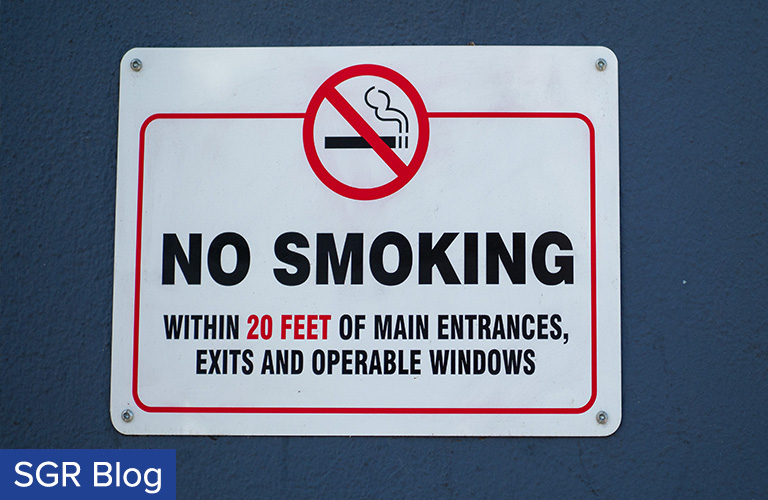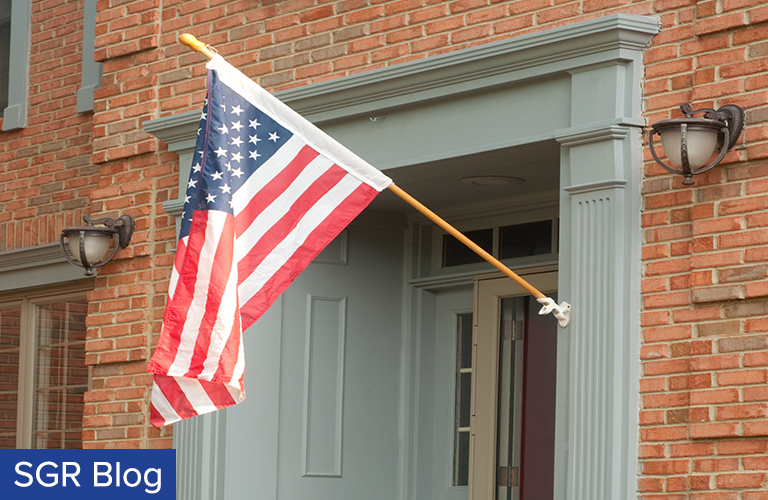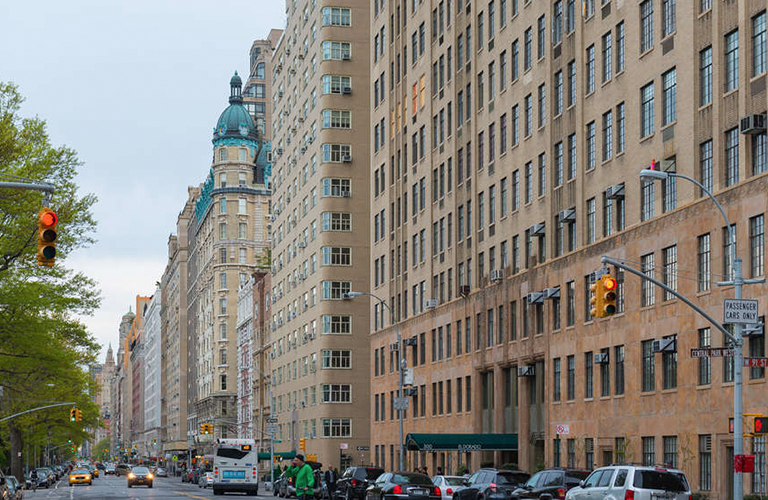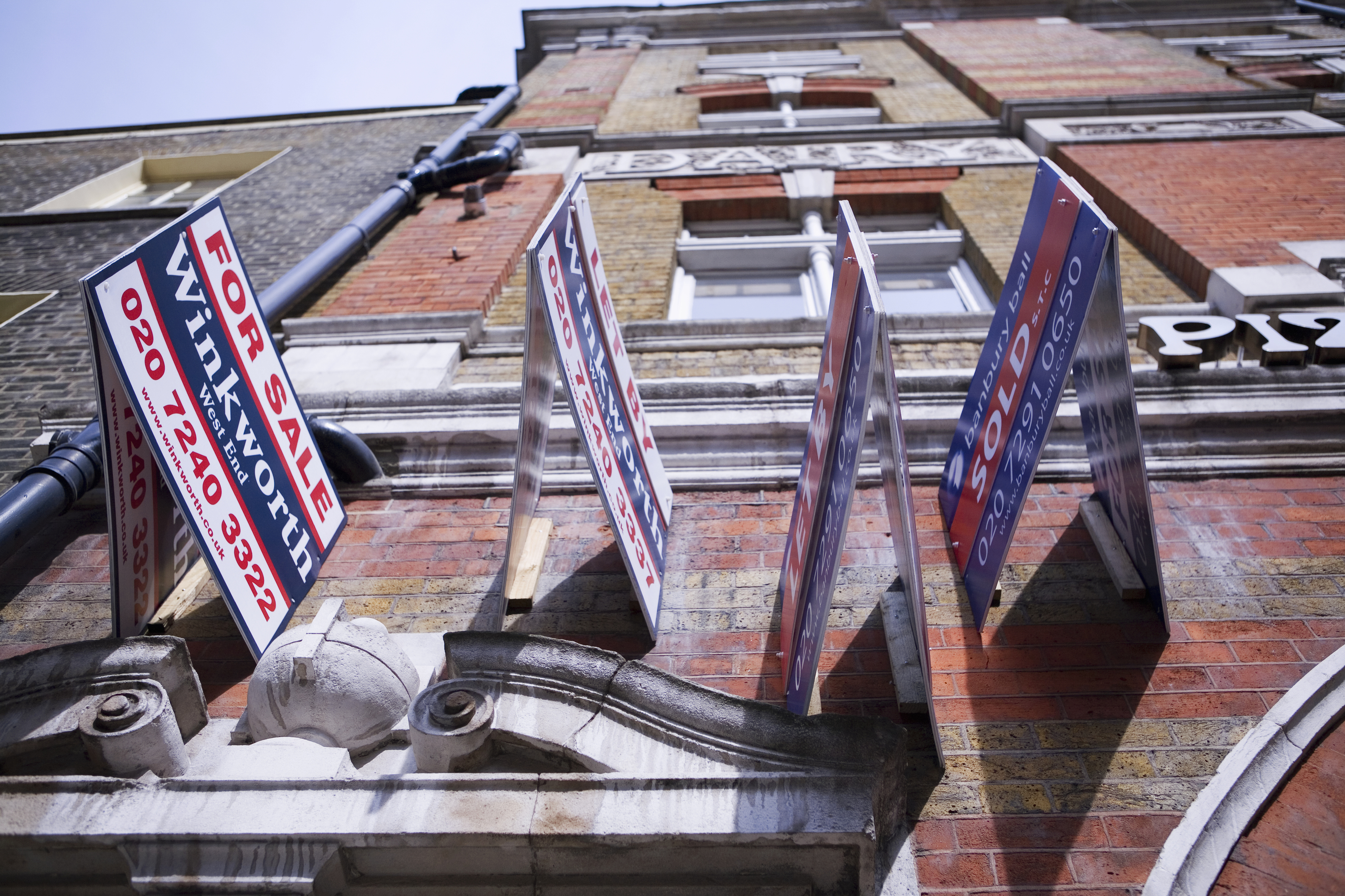
SGR’s Cooperative and Condominium Practice Group has received many questions concerning compliance with the federal Corporate Transparency Act (“CTA”) by cooperatives and condominiums. This bulletin is intended to provide guidance and clarification. The CTA was enacted by Congress in 2021 to assist in prosecuting money laundering and other illicit activities by establishing a national registry, maintained by the United States Treasury Department’s Financial Crimes Enforcement Network (FinCEN), that includes information regarding individuals who control certain entities identified as “reporting companies”. Below are key components you should be familiar with: 1. The CTA in its current form applies to all New York cooperatives, with… Read more









